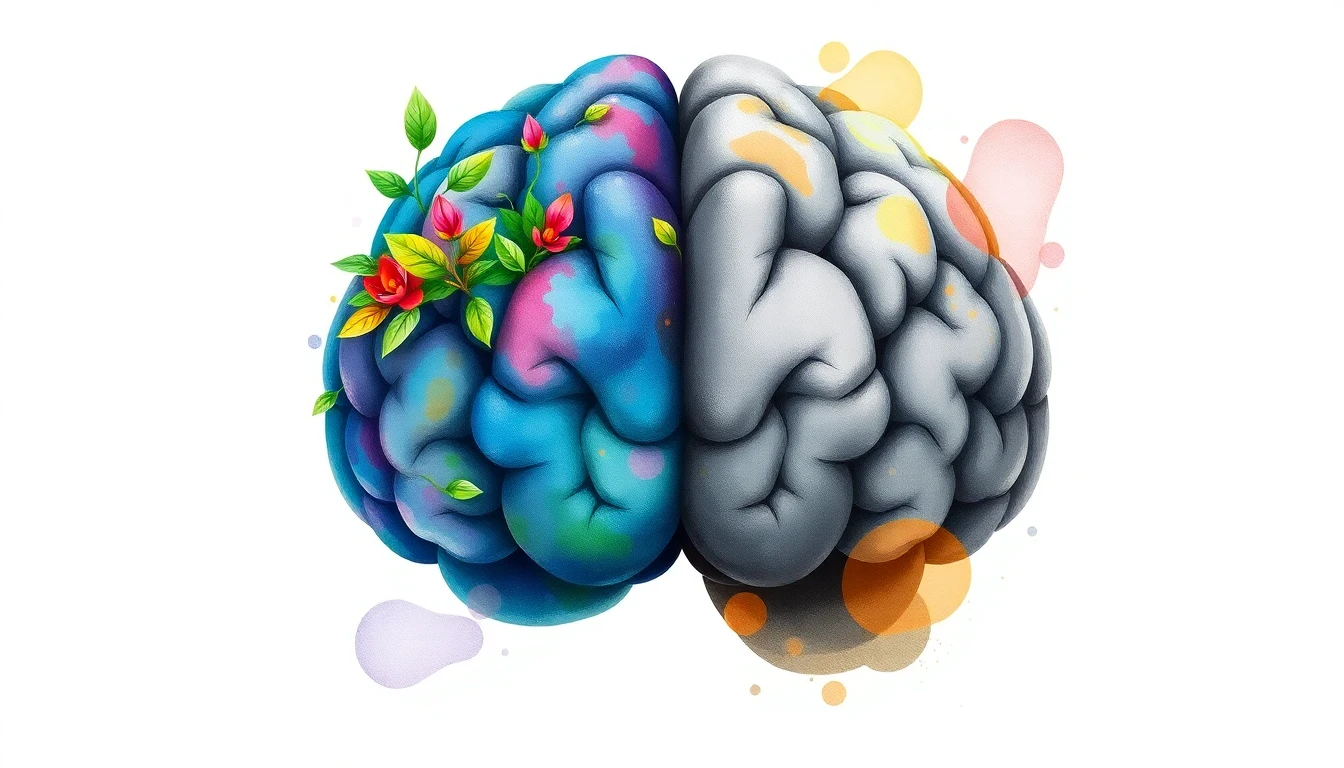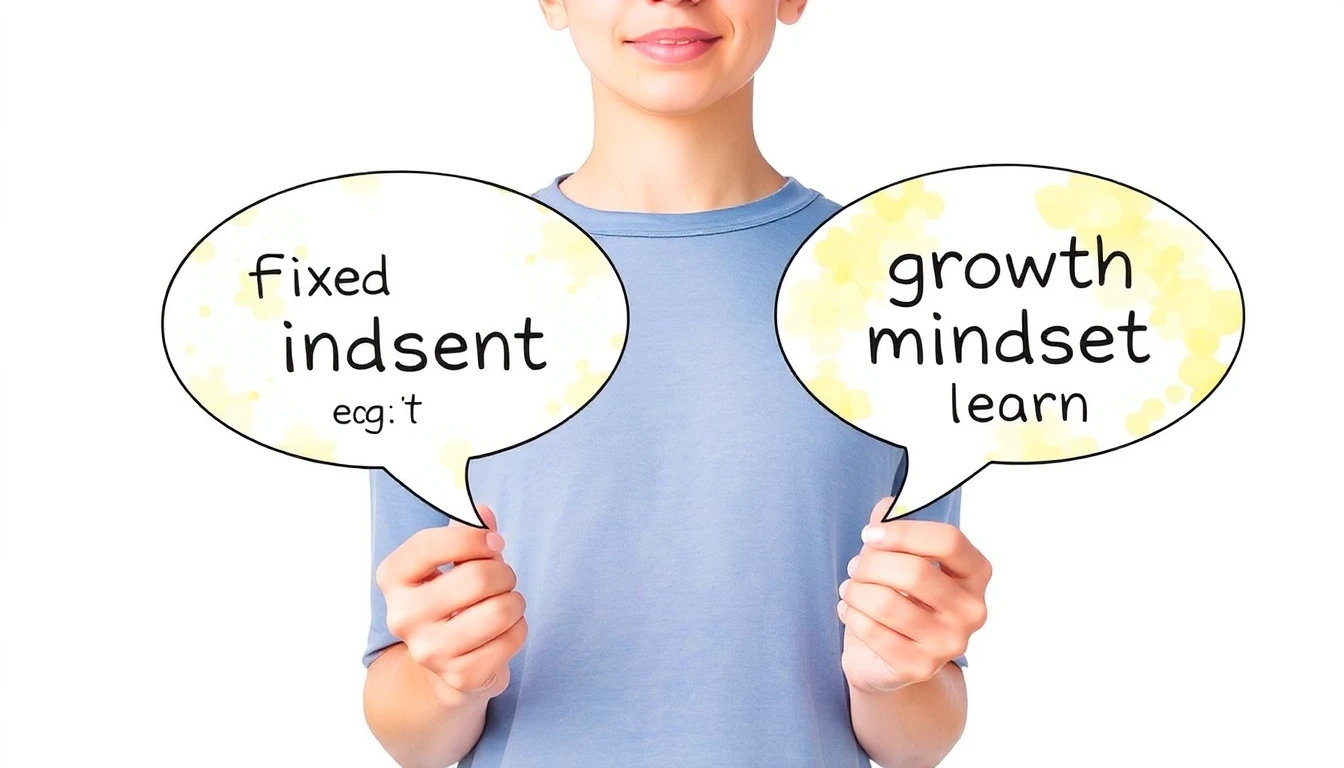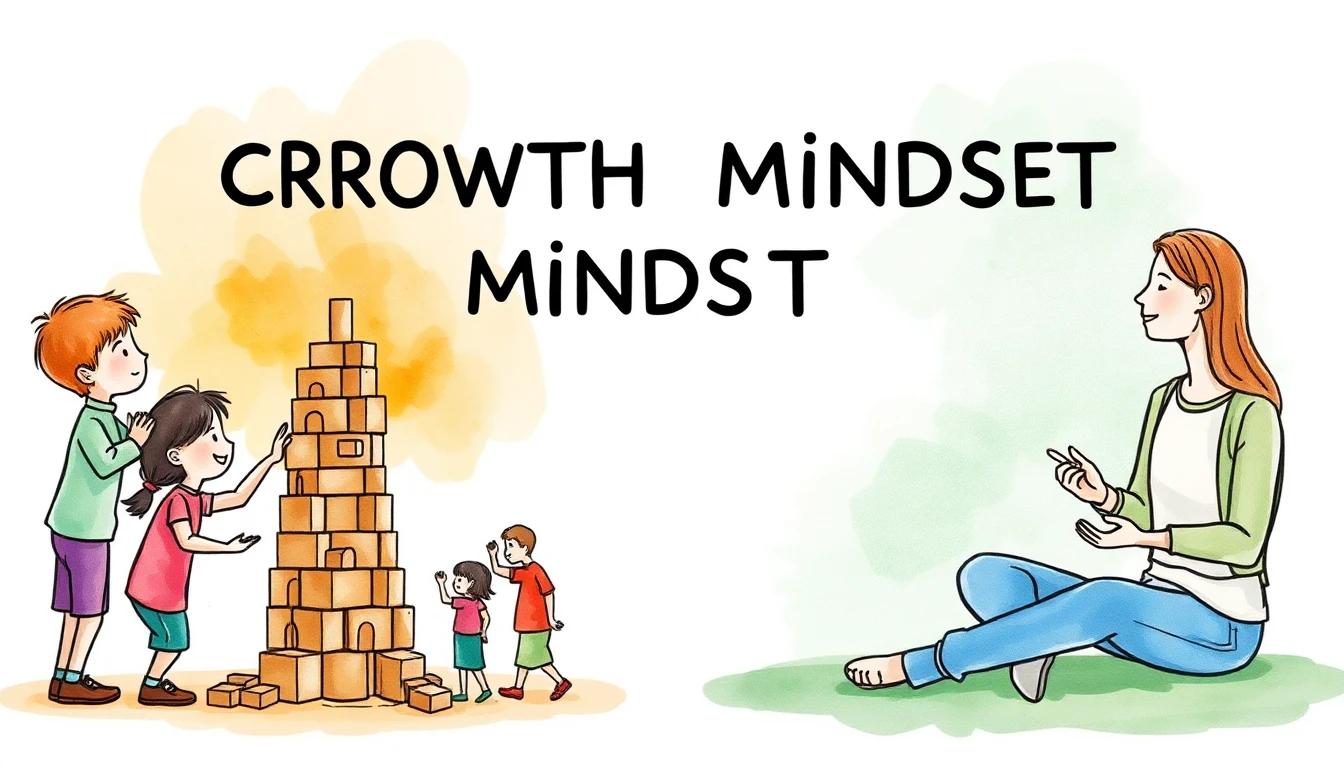
Have you ever noticed how some people seem to bounce back from setbacks, while others get stuck or discouraged? I’ve often wondered about this myself. Over time, I realized that the answer often comes down to something simple, yet powerful: our mindset.
If you’re curious about why some people keep growing and others feel stuck, you’re in the right place. In this article, I’ll break down the difference between a growth mindset and a fixed mindset, share real-life examples, and give you practical tips and activities you can use right away. Whether you’re a parent, teacher, leader, or just someone who wants to grow, these ideas can help you unlock your true potential.
The whole idea of “mindset” became popular thanks to Dr. Carol Dweck and her book, Mindset: The New Psychology of Success. She showed us that it’s not just about how smart or talented we are it’s about how we handle challenges, failures, and even our own successes. If you believe you can grow and improve, you’re already on the right track!
Let’s dive in and see how you can start shifting your mindset today.
What’s the Difference? Growth Mindset vs. Fixed Mindset

At the heart of personal growth is understanding the difference between two mindsets: growth and fixed. These aren’t just fancy terms they shape how we see ourselves, how we tackle problems, and how we react when things don’t go our way.
Fixed Mindset: Stuck in Place
If you have a fixed mindset, you probably believe that your intelligence, talents, and abilities are set in stone. You might think, “I’m just not good at math,” or “I’ll never be creative.” Challenges feel threatening, and failure can feel like proof that you’re not good enough. It’s easy to avoid risks or give up quickly because, deep down, you might believe that effort won’t change anything.
- Believing intelligence and talent are fixed
- Avoiding challenges
- Giving up easily
- Thinking effort is pointless
- Ignoring feedback
- Feeling threatened by others’ success
Growth Mindset: Always Learning
On the flip side, a growth mindset is all about believing you can get better with effort, learning, and practice. People with this mindset see challenges as chances to grow. They don’t fear failure instead, they see it as a lesson. They’re open to feedback and inspired by others’ achievements.
- Believing you can develop your abilities
- Embracing challenges
- Sticking with things, even when they’re tough
- Seeing effort as the path to mastery
- Welcoming feedback
- Finding inspiration in others’ success
| Characteristic | Fixed Mindset | Growth Mindset |
|---|---|---|
| Belief about abilities | Fixed and unchangeable | Can be developed |
| Attitude towards challenges | Avoided | Embraced |
| Response to failures | Discouraged | Learning opportunity |
| Role of effort | Unnecessary | Essential |
| View of feedback | Ignored | Valued |
| Reaction to others' success | Threatened | Inspired |
How Mindset Shapes Our Lives

Mindset isn’t just a buzzword it affects everything from how we learn, to how we work, to how we connect with others.
Learning
In school, students with a growth mindset are more likely to try new things, stick with tough subjects, and see mistakes as part of the process. Those with a fixed mindset might avoid challenges or give up easily, thinking, “I’m just not cut out for this.”
Work
At work, a growth mindset leads to innovation and teamwork. People are more willing to try new ideas, learn from feedback, and adapt to change. With a fixed mindset, people might resist change, avoid feedback, or feel threatened by others’ achievements.
Relationships
Even in our relationships, mindset matters. Growth-minded people are open to feedback, willing to work through conflicts, and see disagreements as a chance to learn. Fixed mindset folks might get defensive or hold grudges, making it harder to build trust.
In short, a growth mindset helps us grow in every area of life.
Spot the Difference: Growth vs. Fixed Mindset Statements

Sometimes, the way we talk to ourselves reveals our mindset. Here are some common phrases you might recognize:
Fixed Mindset:- “I’m just not good at this.”
- “I always fail at this kind of thing.”
- “I don’t have the talent for it.”
- “It’s too hard. I’ll never be able to do it.”
- “If I have to work hard, it means I’m not smart.”
- “I don’t want to try something new because I might fail.”
- “I’m afraid of looking stupid.”
- “Other people are just naturally better than me.”
- “Feedback is a personal attack.”
- “I’m comfortable with what I already know.”
- “I can learn anything I set my mind to.”
- “I’m willing to put in the effort to improve.”
- “Challenges help me grow.”
- “Failure is an opportunity to learn.”
- “I enjoy learning new things, even if they’re difficult.”
- “I’m inspired by the success of others.”
- “I’m open to feedback and willing to improve.”
- “I believe in the power of practice and dedication.”
- “I can develop my abilities through hard work and perseverance.”
- “I’m excited to see how far I can go.”
Next time you catch yourself thinking, “I’m just not good at this,” try adding “yet” at the end: “I’m not good at this yet.” It’s a small change, but it can make a big difference!
Quiz: What’s Your Mindset?

Want to know where you stand? Take this quick quiz. For each statement, rate yourself from 1 (Strongly Disagree) to 5 (Strongly Agree).
- My intelligence is something very basic about me that I can't really change.
- I appreciate when people give me feedback about my performance.
- I avoid challenges because they make me feel insecure.
- I believe I can learn new things, but I can’t really change my basic level of intelligence.
- I’m frustrated by the success of others.
- I like to try new things and am not afraid of failure.
- If I have to work hard at something, I feel like I’m not very good at it.
- I am always able to improve my skills and abilities.
- I believe my talents and abilities will determine my future.
- I enjoy putting in the effort to learn and grow.
Scoring:
For statements 1, 3, 5, 7, 9, reverse your score (1=5, 2=4, 3=3, 4=2, 5=1). For the rest, keep your score as is. Add up your total.
- 40-50: Strong Growth Mindset
- 30-39: Moderate Growth Mindset
- 20-29: Neutral/Mixed
- 10-19: Fixed Mindset
Remember, this isn’t about labeling yourself. It’s just a tool to help you see where you can grow!
How to Build a Growth Mindset: Activities for Everyone

For Kids
- Praise effort, not just talent: Instead of “You’re so smart,” try “You worked really hard on that!”
- Embrace mistakes: Remind kids that mistakes are how we learn.
- Read inspiring stories: Share stories of people who succeeded through hard work.
- Use growth mindset language: Encourage phrases like “I can’t do it yet.”
- Growth mindset bulletin board: Fill it with quotes, stories, and reminders about learning and effort.
For Adults
- Set SMART goals: Make your goals Specific, Measurable, Achievable, Relevant, and Time-bound.
- Keep learning: Take a course, read a book, or try something new.
- Ask for feedback: Don’t be afraid to hear how you can improve.
- Be kind to yourself: Everyone makes mistakes. Learn from them and move on.
- Challenge your beliefs: Notice when you’re thinking, “I can’t,” and ask yourself, “Is that really true?”
- Practice mindfulness: Being aware of your thoughts can help you catch fixed-mindset thinking.
The more you practice, the more natural a growth mindset will become!
Embrace the Journey

Shifting from a fixed mindset to a growth mindset isn’t something that happens overnight. It’s a journey a lifelong process of learning, growing, and sometimes stumbling along the way. The important thing is to keep moving forward.
Remember, having a growth mindset doesn’t mean pretending everything is easy or ignoring your current abilities. It means believing you can improve, no matter where you start. It’s about seeing challenges as opportunities, not threats.
By choosing to nurture a growth mindset in yourself and those around you, you’re creating a more positive, supportive environment where everyone can thrive. So, take that first step. Challenge yourself. Celebrate your progress. And most importantly, enjoy the journey!
Want to learn more?
- Book: Mindset: The New Psychology of Success by Carol S. Dweck, Ph.D.
- Website: Mindset Works
- Online Courses: Check out Coursera or Udemy for courses on growth mindset.
The power to unlock your potential is in your hands. Embrace the journey and watch yourself grow!
